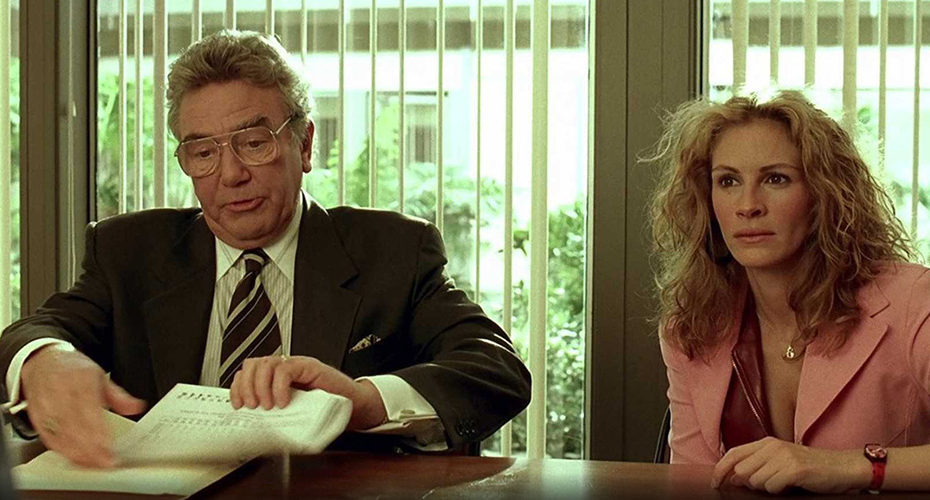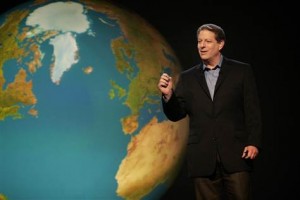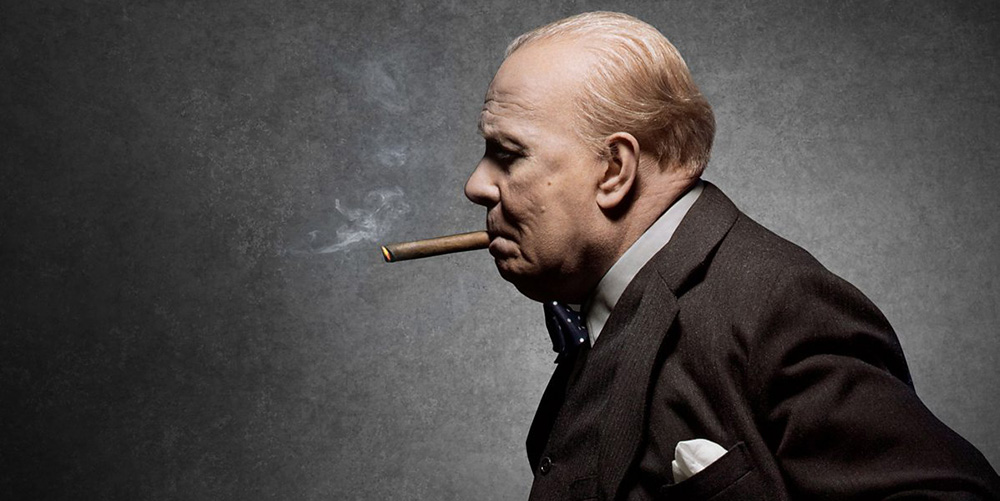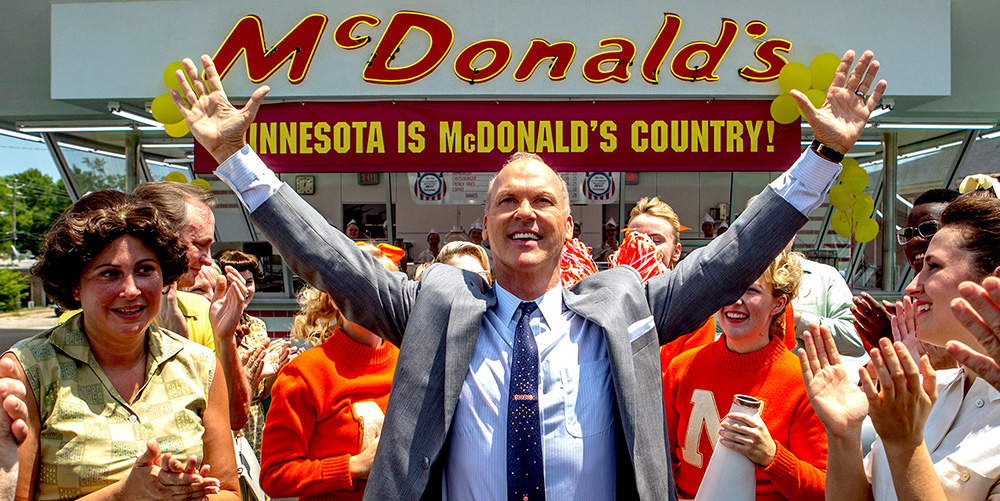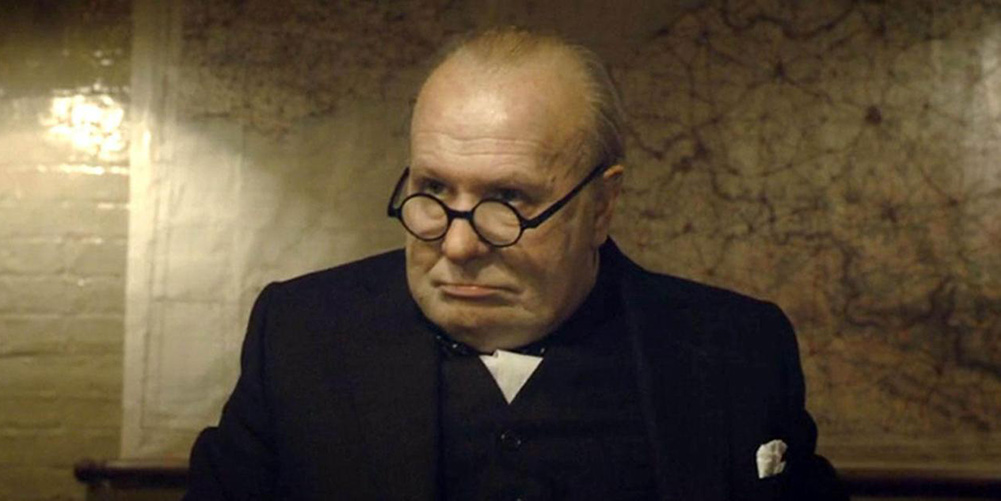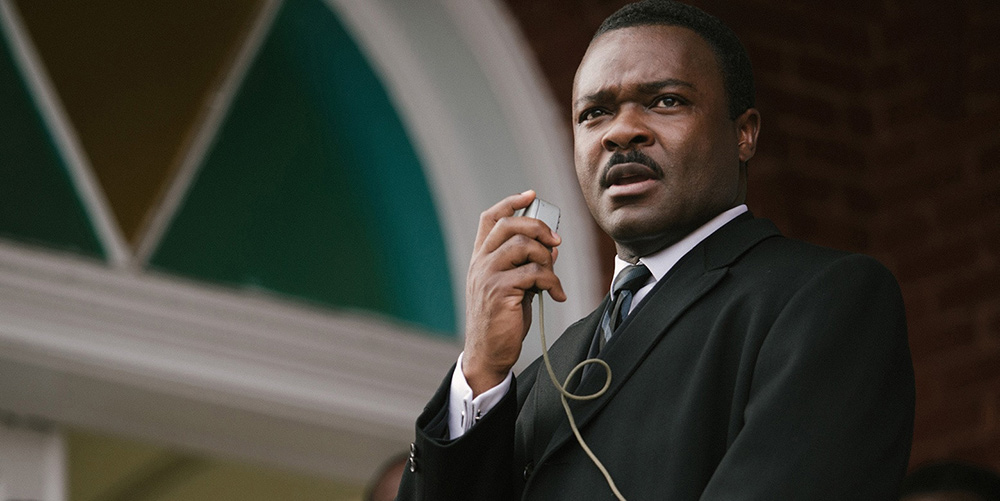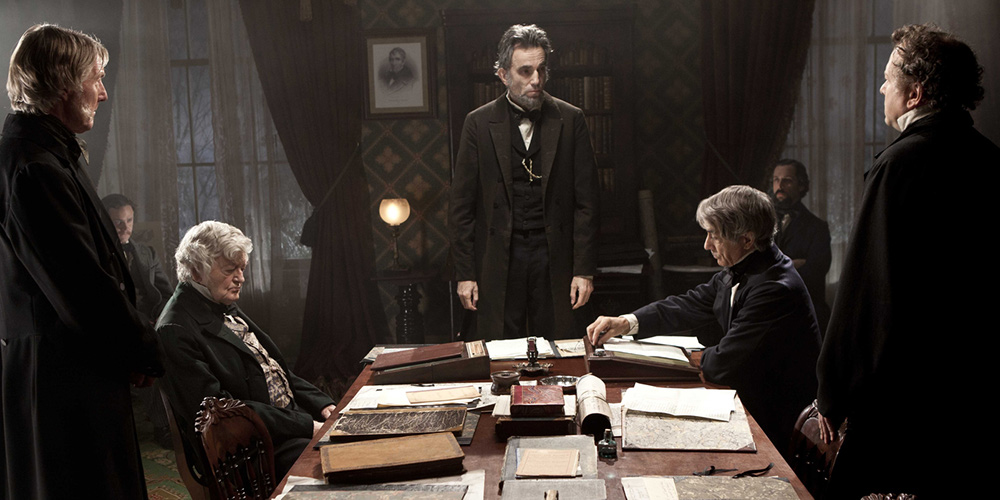‘Presence’ is an almost intangible quality. Some people have it, some people don’t.
But those who do have presence have more impact, and get remembered.
It’s easy to think that presence is a natural quality, something effortless. But presence is a quality you can most definitely develop.
The authors of The Mind Gym: Wake Your Mind Up highlight a number of techniques that do just that, giving you greater impact and making you more memorable. Here are just three, along with examples from movies where you can see them in action.
Purpose beyond pleasing
If we’re unduly worried about making a good impression or being liked, we’re unlikely to have presence. But if we focus on a clear purpose, it instils us with energy and makes us less concerned with what our audience thinks of us.It increases our impact.
You can see this in Al Gore’s famous PowerPoint slideshow movie, An Inconvenient Truth. Gore is an accomplished presenter, but much of his gravitas comes from his passion for his cause. He knows that a lot of his global warming message is, as the title suggests, ‘inconvenient’ – but he’s not afraid to ruffle feathers. His single-minded commitment to his purpose gives him impressive presence.
Equals
It’s easy to become less confident when we’re with people we admire, or who have power or authority over us. But people with presence perceive everyone as equals.
You can see this in Erin Brockovich, where Julia Roberts’ untrained legal adviser gives short shrift to the complacent legal counsel brought in by her boss. Erin may not have the legal training, but she knows what she does have: a detailed knowledge of every single one of the people she’s representing. There’s no way she’s going to feel inferior.
Mismatching
Having presence often requires mismatching – behaving differently from the other people in the room. If they’re emotional, be calm. If they’re calm, be emotional.
You could do something unexpected. In India’s strictly class-orientated culture, Gandhi briefly takes on the role of a servant to serve the tea, instantly grabbing his colleagues’ attention while challenging his colleagues’ entrenched views on servitude at the same time.
Occasionally, a ‘grand gesture’ might be the best way to get people’s attention. In the clip below from Pearl Harbor, President Roosevelt becomes exasperated with his advisers’ insistence that an immediate response to the Japanese attack is not possible. Roosevelt unlocks himself from his wheelchair and staggers to his feet to the astonishment of his colleagues. ‘Do not tell me it can’t be done!’
You can read more about presence and impact in The Mind Gym: Wake Your Mind Up, a practical guide to many aspects of interpersonal relationships and personal effectiveness.
